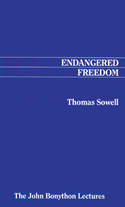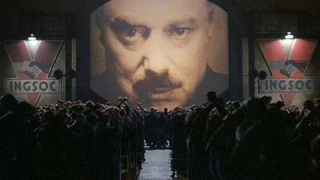
In the fifth John Bonython Lecture, Thomas Sowell argues that public life in Western countries is blighted by an ‘unconstrained vision’ of man and society. This vision treats all social evils as curable: all we need is knowledge of their ‘root causes’ and the will to adopt the appropriate public policies. In reality, such efforts usually worsen the problems they are meant to solve. But these failures typically form the basis of demands for yet more public money to be spent on investigating and curing them. This futile social activism leads eventually to widespread demoralisation and reduces the legitimacy and effectiveness of social institutions.
The ‘constrained visions’, in contrast, accepts that evil is an ineradicable ingredient of the human condition. It recognises that the best that can be done is to contain and limit social problems by traditional means, including, where appropriate, punishment and deterrence. Nowhere is this approach more urgently needed than in the search for world peace. The prevailing belief that peace can be secured by disarmament and international treaties stems from an ‘unconstrained vision’ of human nature and risks repeating the disastrous policies of pacifism and appeasement followed by the democracies in the 1930s.










